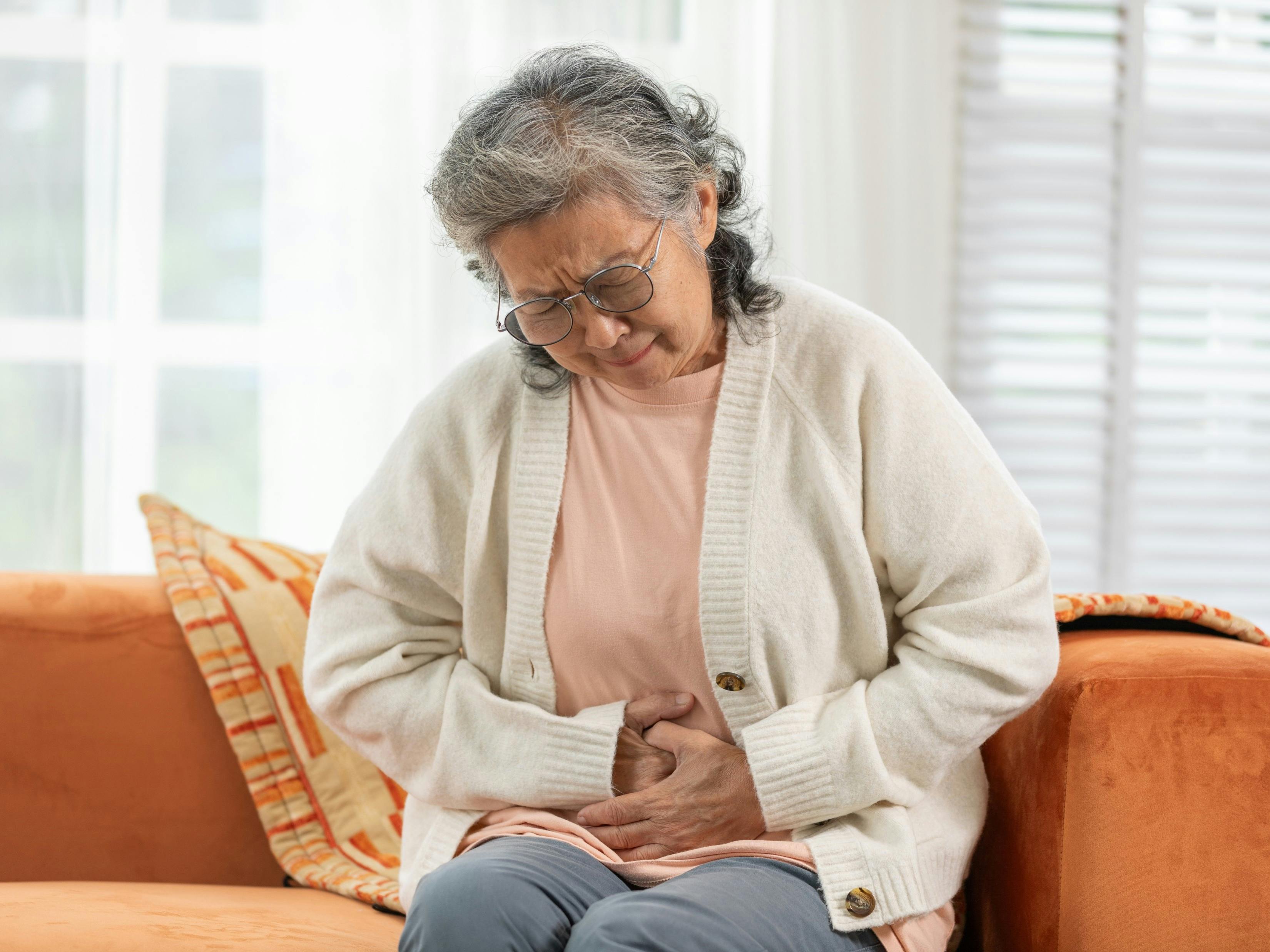
Bladder pain and urinary problems can be signs of interstitial cystitis. Here’s what you need to know to get relief.
Mon-Thur 9am-7pm | Fri 9am-6pm EST
A bladder infection is impossible to ignore. You feel pain or pressure and an urgent need to urinate — even after you’ve emptied your bladder. A course of antibiotics usually clears things up.
But imagine that these symptoms never completely go away. That’s what it’s like to have interstitial cystitis (IC), also known as bladder pain syndrome, a chronic medical condition that affects the urinary bladder.
What is interstitial cystitis?
Interstitial cystitis is a chronic condition of the bladder wall that causes discomfort and pain in the pelvic area. Many things can lead to IC. These include problems with the bladder lining, an autoimmune response, and problems with the nerves in the urinary tract.
IC affects people of all ages and genders, but particularly women. More than 90% of patients are female.
People with IC often have co-existing conditions. These can include irritable bowel syndrome, fibromyalgia, allergies, and inflammatory bowel disease.
Symptoms of Interstitial Cystitis
The symptoms of IC can vary in intensity and how long they last. Common symptoms include:
Pain
People with IC often experience chronic pelvic pain that may range from mild discomfort to severe pain. The pain may be constant, or it may come and go. The pain can be in the lower abdomen, pelvis, or perineum—the space between the anus and the genitals.
Urinary frequency
People with IC may have to go to the bathroom more frequently, as often as 60 times a day and night. This can happen even if the bladder is not full. This can impact their activities and disrupt sleep.
Urgency
IC can cause a sudden urge to urinate that may be hard to control. This can cause anxiety and stress for people dealing with the condition.
Painful sex
Many people with IC experience pain or discomfort during sex, which also affects their quality of life.
Learn what you can do about painful sex.
Feeling like you can’t empty your bladder
Some people with IC may feel that they cannot completely empty their bladder when they go. That can lead to ongoing discomfort.
Diagnosing IC
There isn’t a specific test for IC. Healthcare providers look at your medical history and symptoms to reach a diagnosis. Unfortunately, it often takes patients several years to get the correct diagnosis.
Your doctor may perform tests to rule out other conditions with similar symptoms. With cystoscopy, they use a tubelike device to look for ulcers, cancer, swelling, redness, and signs of infection in the urethra and bladder. During the procedure, the doctor may remove a sample of tissue to look for different causes of bladder pain.
Treatment options
IC doesn’t have a cure. But there are several treatments that can help to manage symptoms and improve your quality of life. Doctors create treatment plans based on a person’s symptoms and the impact on their daily lives.
The good news is that most people get relief once they are diagnosed. “Innovative forms of treatment have quadrupled [in recent decades],” Dr. Leroy Nyberg, a urologist at the National Institute of Diabetes and Digestive and Kidney Diseases, told The New York Times. “Physicians now can offer patients something, saying, ‘There's a 30% chance this will work, and if it doesn’t, I've got something else we can try.’”
Treatments include:
Diet changes
Avoiding certain foods and beverages that irritate the bladder may help you feel better. Top trigger foods include coffee, tea, alcohol, chocolate, soft drinks, soy, citrus, tomatoes, food additives (such as coloring), and spicy foods.
Other lifestyle changes
Kicking the smoking habit and practicing stress management techniques like yoga and meditation may relieve symptoms.
Find out how Medicare can help you kick the habit.
Medications
Oral medications may be prescribed to alleviate pain and reduce inflammation. These include pentosan polysulfate sodium (Elmiron), amitriptyline, and antihistamines.
Learn about Medicare Part D plans.
Physical therapy
Pelvic floor physical therapy helps improve the pelvic floor muscles. These muscles support the bladder and other pelvic organs. In some cases, that eases pain. This therapy includes exercises and hands-on techniques that can help improve how the bladder works and relieve symptoms.
Nerve stimulation
IC patients may benefit from nerve stimulation techniques, such as sacral nerve stimulation (SNS). The treatment involves implanting a device that stimulates the nerves controlling the bladder.
Bladder instillations
With this treatment, medications like dimethyl sulfoxide (DMSO) are used to coat the bladder walls to reduce inflammation and pain.
As uncomfortable as IC can be, it’s good to know many effective treatments are available. If you’re suffering from symptoms of IC, talk to your doctor about how you can find relief.
Medicare’s got you covered
Getting diagnosed and treated for IC can be a long and involved process. Fortunately, many of the healthcare professionals, tests, and treatments are covered under Original Medicare, including specialized pelvic floor physical therapy. Medicare Advantage will cover them, too, and may provide broader coverage for aids to help you quit smoking – a contributor to IC symptoms. Check out the coverage options available in your area with our easy-to-use Find a Plan tool.
Additional resources
- ClearMatch Medicare: Find a Medicare Plan
- Johns Hopkins Medicine: Interstitial Cystitis
- Urology Care Foundation: What is Interstitial Cystitis(IC)/Bladder Pain Syndrome?
- Mayo Clinic: Interstitial Cystitis



